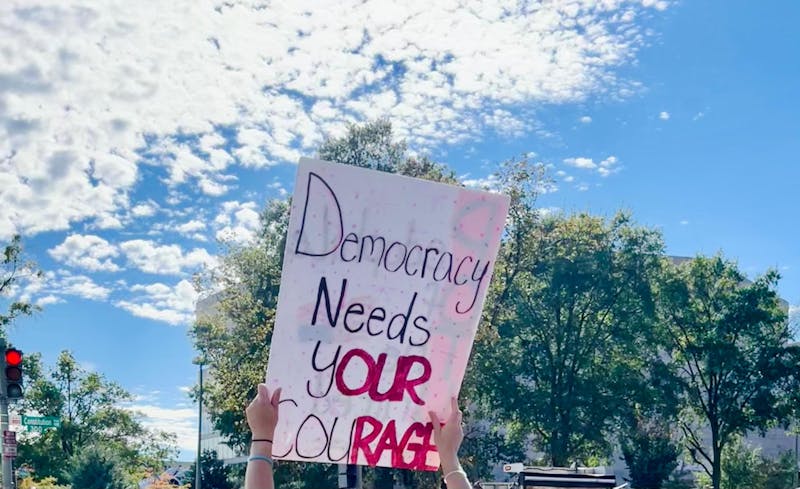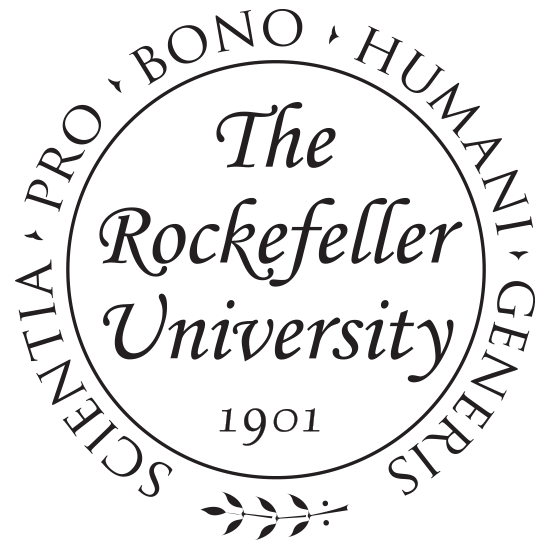In a recent statement, Deviana Dewi, a PhD candidate at Johns Hopkins University, expressed deep concerns regarding the current state of freedom, values, and equal opportunity in the United States. Drawing on historical perspectives, she highlighted how the nation’s commitment to innovation and research has been threatened by recent legislative proposals affecting skilled foreign workers.
The foundation of America’s reputation as a leader in higher education stems from significant government investment in university research. This commitment began after World War II, notably influenced by the work of Vannevar Bush, who, in his 1945 report entitled Science, The Endless Frontier, argued for federal support of basic research to enhance national security and economic growth. This legacy attracted global talent, including many Jewish scientists fleeing persecution in Europe, thus enriching America’s scientific community.
At the heart of America’s ideals lies the notion of equal opportunity, enshrined in the Constitution. Dewi acknowledges this as a fundamental promise, yet she fears that recent political developments threaten to undermine it. She cites the words of Pope Saint John Paul II, who defined freedom not merely as the absence of constraints but as the ability to make ethical choices for the common good. Dewi emphasizes that freedom must be anchored in the rule of law, which serves to distinguish right from wrong and uphold societal integrity.
Dewi articulates her apprehension regarding current political leaders who assert superiority over the law, undermining the essential checks and balances that are vital to a democratic society. She points out that such attitudes can lead to a toxic political environment where partisanship overshadows constructive debate. Reflecting on her experiences, she notes that discussions around policy are often plagued by distractions, such as whataboutism, which divert attention from pressing issues.
The implications of these trends are particularly evident in proposed changes to immigration policy that could significantly affect skilled foreign workers. Dewi criticizes a recent proclamation from the White House suggesting a $100,000 application fee for H-1B visas, which are crucial for foreign professionals seeking employment in the U.S. She also raises concerns about the American Tech Workforce Act, championed by Congressman Jim Banks, which aims to abolish the Optional Practical Training (OPT) program. This program allows international students to gain practical experience in their fields after graduation, serving as a pathway to long-term employment in the country.
Dewi argues that these policies misinterpret the values of meritocracy and fairness that have historically defined the U.S. job market. She emphasizes that skilled foreign workers have contributed significantly to innovation and economic growth, citing examples such as Elon Musk, who emigrated to the U.S. and founded leading companies like SpaceX and Tesla. By imposing high costs on visa applications, the U.S. risks losing its competitive edge as other countries, like the United Kingdom and Canada, continue to simplify visa processes and attract global talent.
The potential erosion of America’s longstanding reputation as a bastion of freedom and opportunity poses a significant threat to its values. Dewi calls on her fellow international students and advocates for equal opportunity to engage with their elected representatives. She encourages citizens to voice their opinions on these critical issues, emphasizing the importance of collective action in defending democratic principles.
As she reflects on her journey as a first-generation college student from Purwakarta, Indonesia, Dewi embodies the hope and determination necessary to advocate for change. She reminds readers that hope is not passive; it is an active force that empowers individuals to act on their convictions. In this Jubilee Year of 2025, designated by Pope Francis as a time of renewal, Dewi’s message resonates with a call to uphold the values that have defined America and to ensure that freedom and opportunity remain accessible to all.







